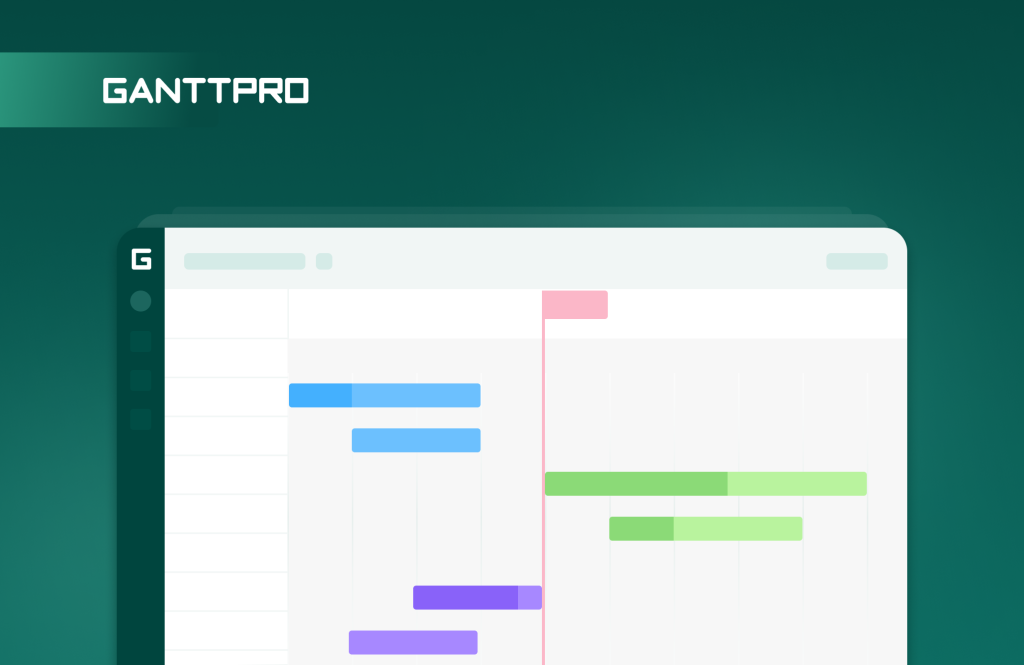A recent InfoSys survey of more than 1,000 global C-level execs at large companies reveals that artificial intelligence has significantly changed the recruitment and hiring process and how teams are motivated. Also, 45 percent of IT leaders thought that AI improved professional performance.
In another survey by MIT’s Sloan School of Management, 85 percent of executives are confident that AI will provide their companies with a competitive advantage.
However, AI is also changing project management. Combining bots and algorithms, AI is allowing project managers to operate more efficiently and more effectively. It is also providing the information needed to help managers make better decisions.
These are some of the ways that AI is improving the project management process. It helps to:
Plan a project
There are a lot of factors involved in planning a project, and AI provides the ability to visualize these project plans. Project managers can easily view all of the tasks, human and physical resources, costs, and capabilities in one space. Whether planning an event, launching a product, or working on a construction project, AI provides a platform for establishing the project size and project scope and then integrating all of the project’s components to set accurate estimates. Project managers can also receive insight on ways to increase efficiency from these metrics.
Select the right people for a team
Each project requires a variety of team members to perform various functions. But it can be difficult to remember or identify each person who will be needed for a specific task during the duration of a project. However, AI can assess the project’s needs and show project managers the right people to include on the team. This team project management software can both match the right team member and balance the resource loads to ensure success.
Project management tools that integrate with customer relationship management software, HR software, and performance management software can use AI to pull in data about employees and customers to match preferences, work resources, and skills to the job at hand quickly and with fewer mistakes.
Create a project schedule
Using an online project planning tool, AI allows project managers to assign specific tasks. By using simple drag & drop functions, project managers can add tasks, create start dates and end dates. AI also allows them to input task durations and dependencies without overloading resources or double-booking employees.
Create a project budget
Based on the information teams enter into their project management software and historical data from previous projects, AI can assist project managers in estimating costs and resources as needed. When resources are connected to specific tasks, project managers can then set the hourly cost for a resource and also the amount of time spent on that task.
Using this information, AI can calculate project costs. And, if a project is too expensive, resources can be easily reallocated to change expenses. With relatively little effort, project managers can create several different scenarios to find the right mix.
And AI learns. Project managers who keep their projects updated with changes in scope and use of resources can teach the AI to make better decisions based on real data rather than human estimates.
Track projects
Staying on track is an important part of project management. The ability to track individual tasks and status of the whole project is invaluable. This includes knowing when a task begins and ends, and who is responsible for each task. This helps to meet deadlines and minimize risks. Alerts can be set for individuals, teams, and a project manager. A critical path allows project managers to view those tasks that can affect the duration of the entire project. This insight allows project managers to see the shortest path to completion, as well as any problem areas.
Any change – whether small or large – can impact a project’s deadline. Some changes cause delays, but other changes can increase efficiency. However, everyone needs to be informed of changes. AI provides notifications and historical background of changes to allow viewers to see each alteration. Also, it provides with tools to help everyone understand how the change affects the schedule, resources, or other project components.
In environments where AI-generated content plays a role in reporting or documentation, using an AI detector can help validate the authenticity of project updates.
Improve communication
When all of a project’s information is centralized, there is no need for email messages that might not be read. Communication is built into a tool. All of the stakeholders can view information in real time.
Also, any needed documents, including charts and reports can be uploaded and made available to everyone with access. Collaborators can also leave comments, which are viewed by everyone. This eliminates confusion and missed notices and updates. The clarity that results from having everyone on the same page, moving in sync, is crucial to the project’s success.
Reduce admin tasks
Project managers spend a significant amount of time handling timesheets and expense reports. AI allows them to easily import and track hours every day without manual work. Also, it makes it easy to submit payroll hours to the appropriate department.
AI can also create reports and dashboards to help project managers make better decisions. By assisting in planning and creating projects, in addition to tracking capabilities and improved communication, project managers can mitigate risks, while spending their time more efficiently.
